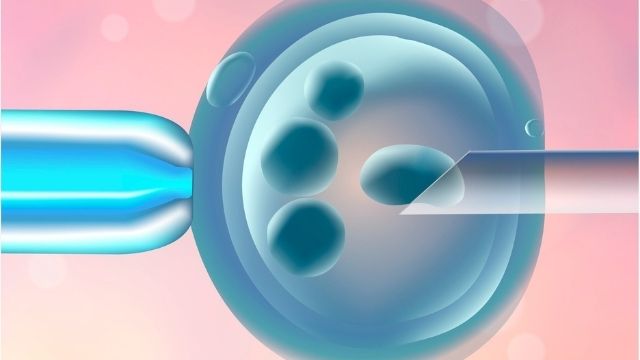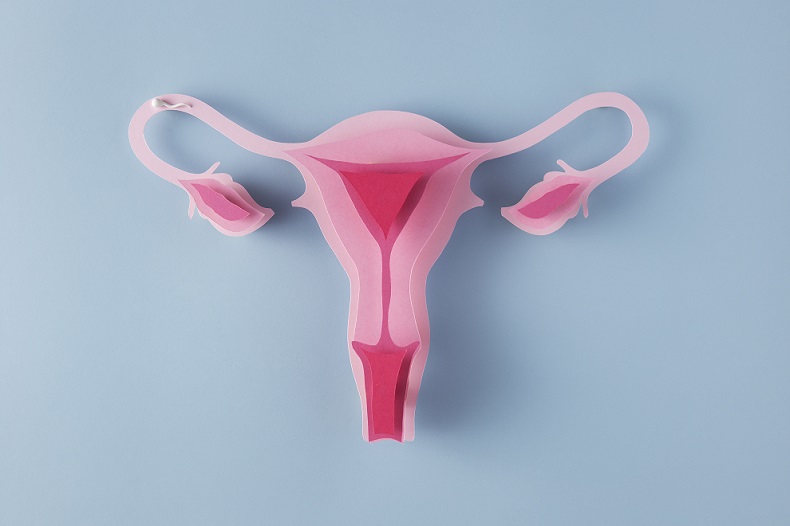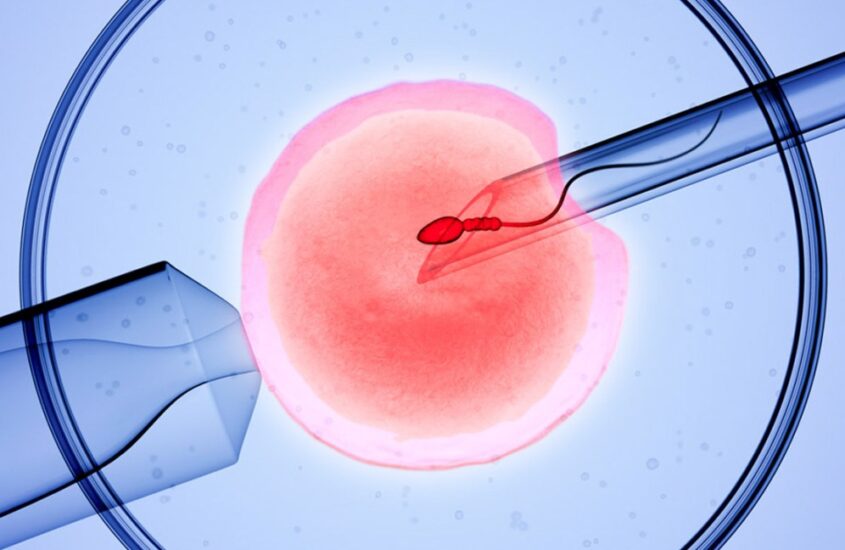Resource by Dr. Shivani Sachdev Gour, Senior IVF Expert & Gynecologist of SCI International Hospital
Sunlight plays a vital role in maintaining the health of our bodies. A short duration of sunlight exposure is necessary for everyone since it helps in producing vitamin D in our body which helps in the absorption of calcium and phosphorus which is essential for healthy bones. Recently, newer roles of vitamin D have been found as its deficiency has been found to be associated with obesity, cardiovascular disease, and in development of certain cancers. Many studies have proven its important role in reproduction. The active form of vitamin D helps in maintaining estrogen levels, also produced from the uterine lining, and plays role in embryo implantation. Vitamin D is necessary for maintaining the balance of sex hormones in the female and for sperm motility in males. It also helps in improving the sperm count and quality. Also, it increases the level of testosterone in males leading to an increase in libido. It has been shown that women ovulate less in winters as compared to summers which support the fact that sunlight plays a vital role in conception. There are many causes of infertility. IVF (In Vitro Fertilisation) is the treatment option for those who are not able to conceive naturally. Vit D deficiency has been found to be a co-existing factor with other causes of infertility as researchers have revealed most infertile couples to be Vit D deficient.
Vit D is also known as the “sunshine vitamin” and is a fat-soluble vitamin. It can be produced in the body by sitting in the sunlight during peak sunlight hours and exposing the arms and legs. In the presence of sunlight, the skin makes the natural form of Vit D by a form of cholesterol present in the skin, which is then converted to the active form of Vit D first in the liver and then in the kidneys. Sunlight exposure improves the success rate of IVF in infertile couples. Also, Vit D helps in preventing pregnancy complications such as gestational diabetes, small babies, and pregnancy-related hypertension.
While in the sunlight one should know that to obtain maximum benefit, sunblock cream should not be applied. Also, the exposure must not be too prolonged so as to obtain tanning as it may affect the skin. The amount of time period of sun exposure necessary for any individual depends on a number of factors like skin type or complexion, season (summer or winter), and which time of the day. Those with darker skin require more time to produce Vit D as compared to those with lighter skin. There is greater exposure to sunlight in summers. Also, the amount of absorption of sunlight and hence vitamin D production is more if a larger area of skin is exposed.
There are many food sources of Vit D, such as liver, mushroom, cheese, oily fish, milk, and eggs. But only 20% of the recommended daily dose of Vit D is obtained from food, the remaining 80% should be obtained from sunlight. The best advantage of this source is that it is free of cost and can be obtained in abundance anywhere.
Vit D helps to build up the immune system of the body which helps in fighting infection. Uterine infection is one of the many causes of the failure of implantation of the embryo. Sunlight also has a direct effect on bacteria and helps in killing them. In older times, sunlight was used as a healing therapy for many diseases.
Vitamin D helps in the absorption of calcium from the diet, which we all know is important for healthy bones. In the absence of Vitamin D, calcium is absorbed from the bones which leads to weak bones. Apart from this, Calcium also plays a role in conception as it is required for the maturation process sperm undergoes for fertilization. Calcium is also important for the motility of the sperm which is vital for fertilization. Calcium is not only important for sperm functioning, it is also important for the development of oocytes and also plays a role in embryo growth.
Vit D helps utilize magnesium in the body. Low magnesium levels contribute to infertility by causing contractions in the fallopian tubes and hence interfere in the implantation of the egg. Prolonged magnesium deficiency also leads to anxiety and obesity. Magnesium also increases the blood supply to the uterus and helps in egg production. It also helps to decrease the risk of abortions.
Vit D also helps in the absorption of zinc from the gut. Though zinc deficiency alone is not a cause of infertility, it is required for the proper functioning of the reproductive system. It helps in maintaining the balance of the hormones estrogen and progesterone and also helps in egg production. It also contributes to male fertility by improving the quality of sperm and helping in its maturation process.
There is some evidence that Vit D deficiency might be related to the pathogenesis of polycystic ovarian syndrome(PCOS) which is a metabolic syndrome characterized by insulin resistance, ovulation problems, menstrual irregularities, and hormonal imbalance. It is an important cause of infertility.
Sunlight helps in controlling melanin production which is the “sleep hormone” that is produced by a small gland in the body at night and helps you sleep and is also responsible for the dark color of skin. Excessive melatonin contributes to infertility by affecting the sperm count and motility and thus affects the process of fertilization. It also causes a change in the levels of female sex hormones which affects menstruation and ovulation. Melatonin also has an effect on the thyroid hormone.
EFFECT OF SUNLIGHT ON MENTAL HEALTH
Infertile couples are under a lot of stress. While undergoing IVF treatment the stress is even more. Sunlight is very important as it helps in the production of serotonin which has an anti-depressant effect. It is important for regulating sleep, appetite, memory, and mood. Few minutes in the sun helps elevate the mood by releasing endorphins in the body that are “happy hormones”.
Daily exposure to sunshine for 15 to 20 minutes helps maintain the sleep-wake cycle and to keep the mind renovated. It helps to fight fatigue and energizes the body. Being in the sunlight encourages one to socialize and engage in outdoor activities, this helps in improving the quality of life. Another advantage is that one gets a chance to observe nature which helps the mind and body to relax.
While in the sun one should bear in mind that over-exposure to sunlight has its own drawbacks as it may lead to excessive tanning of the skin, sunburns and some other skin diseases, premature aging of the skin, and eye problems. But these occur only if the exposure is too prolonged and mostly in those with a fair complexion.
Nowadays, with the advent of technology, the use of computers, and other lifestyle choices that involve indoor work, we all tend to miss direct sunlight exposure. Also due to busy schedules and fear of skin problems many of us miss the beneficial effects of sunlight. One should make an active effort to take out 15-20 minutes a day at least 4 times a week if not daily and sit outside and let nature help you in the best possible way.





